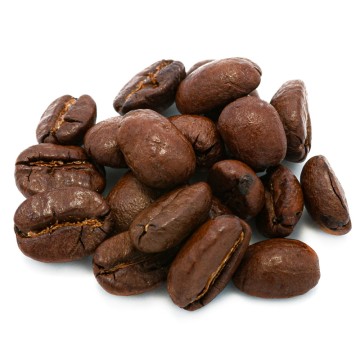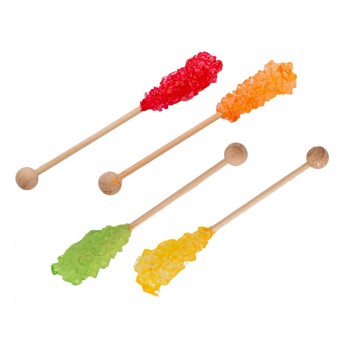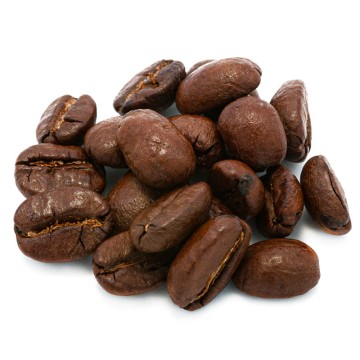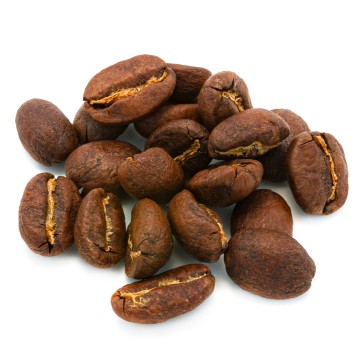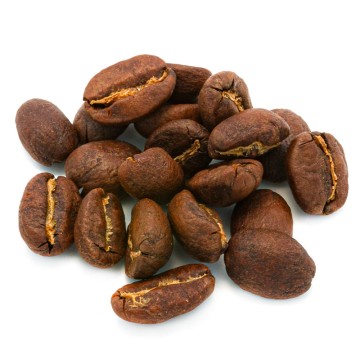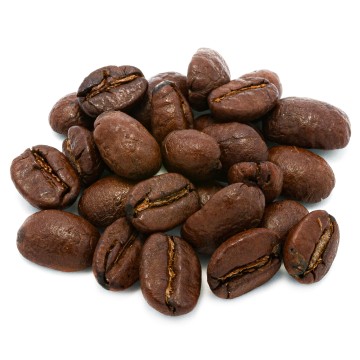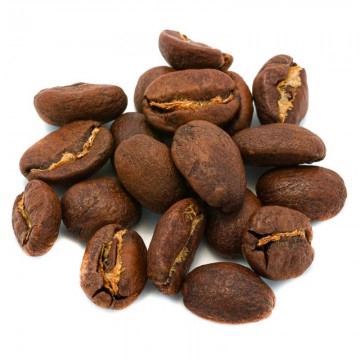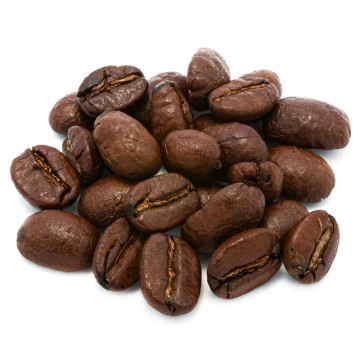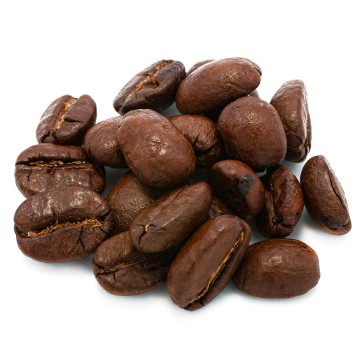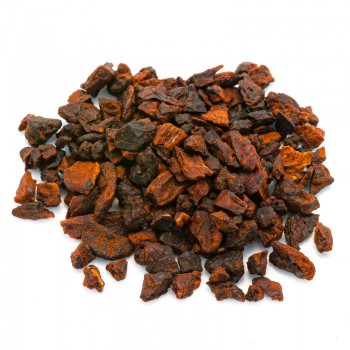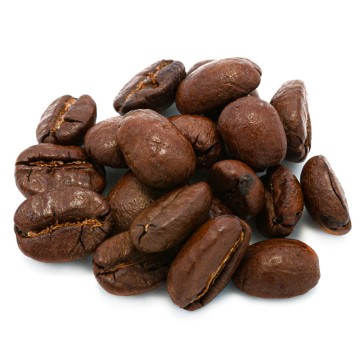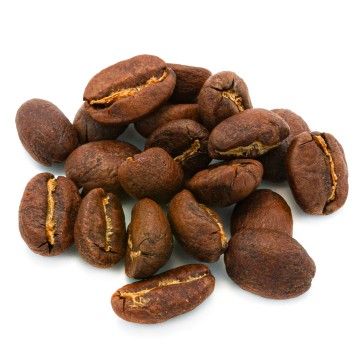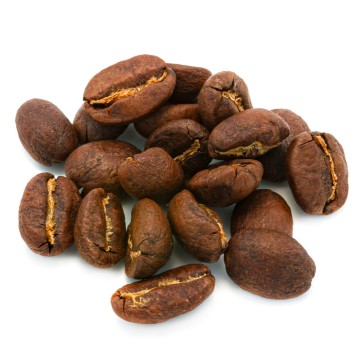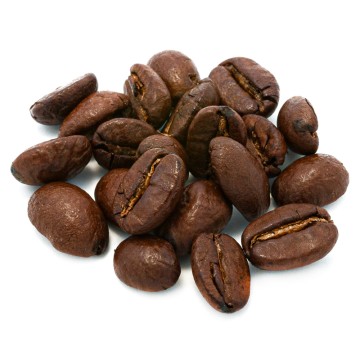Ethiopia is the homeland of coffee or at least of the plant from which quality coffee is obtained, Coffea arabica. Ethiopian coffees tend to be aromatic and fruity also because in many places natural drying is used.
History of coffee production in Ethiopia
Coffea arabica, but then why is it called that if we wrote that Ethiopia is not the homeland? Obviously a mistake, we Europeans got to know it through the Arabs, for some time Ethiopia, Arabia (and Yemen) disputed its paternity, but now the common opinion among scholars is that the origin of the species is in Ethiopia, however in Arabia and Yemen the plant grows naturally. What is certain is that the tradition of using Coffea arabica in Ethiopia is very ancient, we even talk about the 9th century for the beginning of cultivation but it is probable that wild plants were previously used. This does not mean that the coffee drink was born then, initially other parts of the plant and the seeds themselves were used in other ways, for example to make decoctions and herbal teas with the dried leaves. There is a legend that speaks of a shepherd who noticed the energizing properties of the plant by observing the behavior of his goats as they fed on the drupes, but this is probably a posthumous falsehood and no one knows who was the first to notice it. A few centuries later the coffee drink obtained from roasted beans was born and this became an important piece of Ethiopian culture, the coffee ceremony was born which starts with the roasting of the green beans which fill the room with their aroma and then passes through the chopping of the same and the drink obtained from boiling. The coffee ceremony in Ethiopia has a convivial meaning similar to that for which the drink is also appreciated by us today. As regards current production, Ethiopia is the largest African producer of coffee and according to 2018 data it was the fifth in the world with 384,000 tonnes.
The quality of Ethiopian coffee
The homeland of Coffea arabica of course could not only be a producer of large quantities, the quality of Ethiopian coffee is highly appreciated by coffee enthusiasts around the world. It is not surprising that in compliance with tradition, here the drying of the beans is carried out in many places with the natural method and not with the more common washed method, which in any case is now widespread in Ethiopia too. Let's briefly remember the difference between the two: the natural method requires that the coffee fruits, the drupes, are dried and the precious seeds are released afterwards; in the washed method, however, the seed is first freed from any residual pulp. With the natural method the beans absorb sugars and aromas from the pulp during drying, with the washed method the primary characteristics of the coffee bean are enhanced, this does not mean that coffees obtained with the washed method cannot be aromatic and sweet, in this case the characteristics will be absorbed by the seed during maturation on the plant and that phase becomes even more important. Ethiopia, like all the great coffee producers, does not have just one coffee, the country offers many different microclimates and this would make a difference even if the variety of arabica cultivated was only one, in general the fine Ethiopian coffees have an important body, they are aromatic, often with chocolate notes and have light floral hints, the acidity is quite pronounced. Given the extensive cultivation of Coffea arabica which has been going on for centuries and the fact that it also grows naturally here, the natural varieties present in Ethiopia are countless and the coffees exported from Ethiopia can hardly be found elsewhere. Ethiopia exports coffee beans with names that derive from the areas in which they are grown and these names have been recognized as trademarks owned by Ethiopia, therefore we have coffees coming from the Harar region (central-eastern part of the country), the coffee coming from the mountainous region of Sidamo is the most prized, both processed coffees come from the western Limu and Djimmah regions

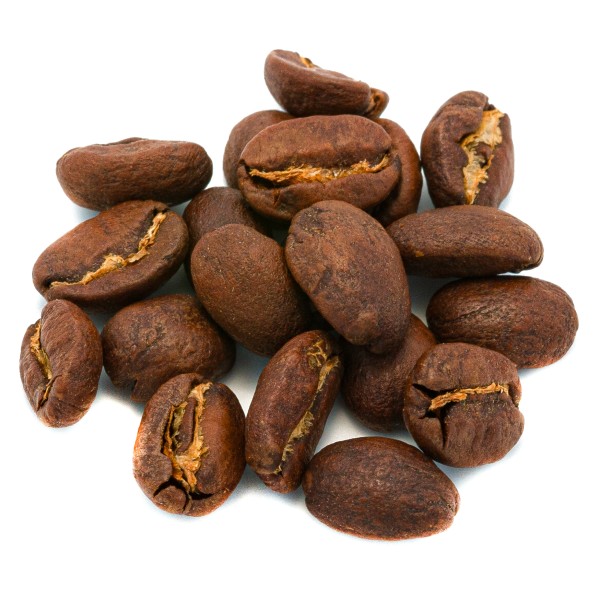

 No reward points for this product.
No reward points for this product.
